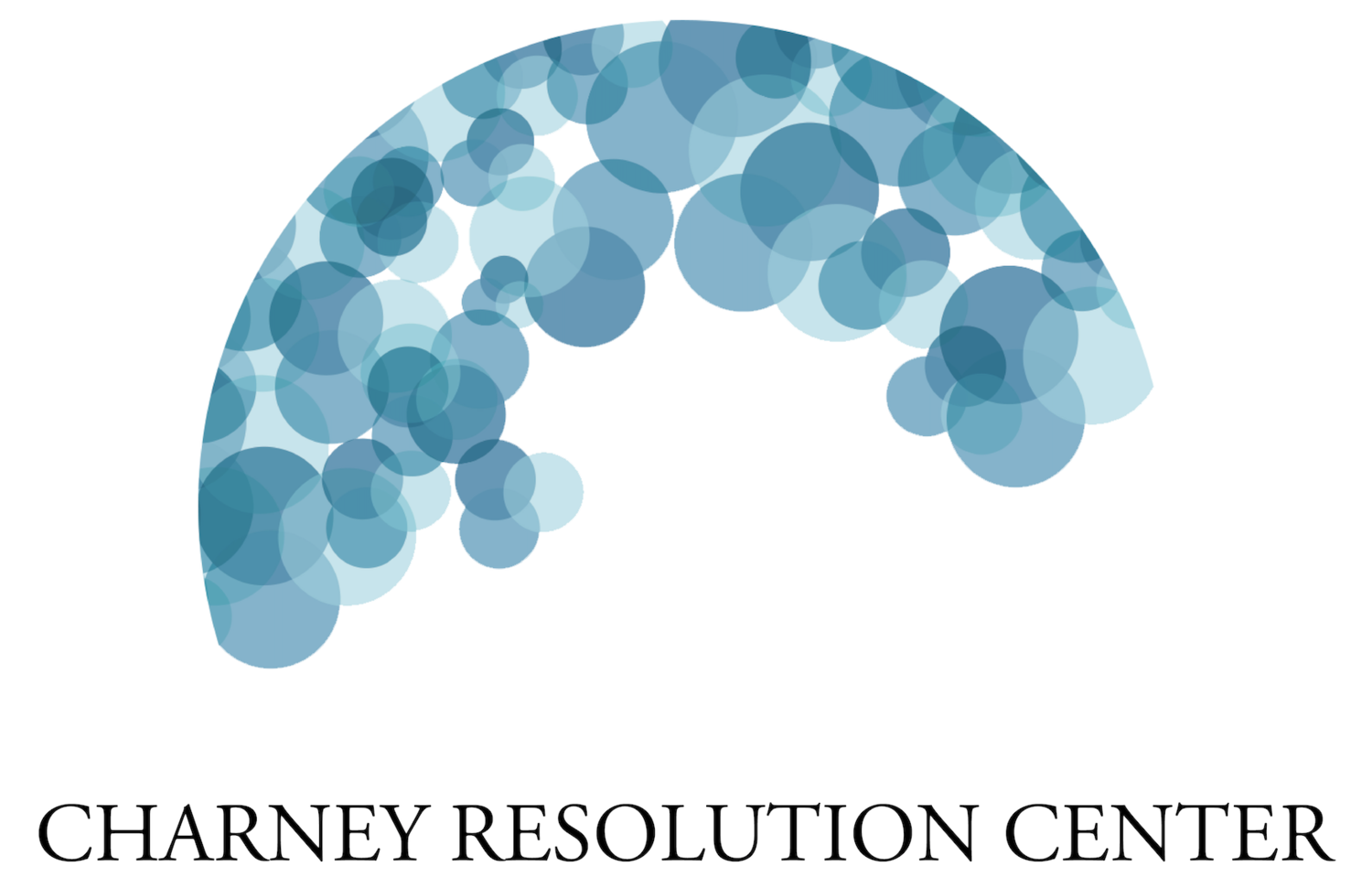A few weeks ago, I decided to film a short video centered around the themes of water, peace, and conflict. Water, being one of the main disputes in the Israeli Palestinian conflict, became a very controversial topic in the midst of the Israel - Gaza war. I visited Jisr A-Zarqa with Naveh Shalom, School for Peace, and we were given a tour from the social activist Sami El Ali. Sami has dedicated his life to this fishing village, advocating for social change as well as being a reporter, Jisr museum’s director, and a political strategist. During the tour, he explained how Jisr is boarded by highways, man-made fences, and bodies of water – cutting the village off from nearby cities. He also talked about how the gas barge and power station that rest by Jisr’s shores continue to be an environmental hazard, and how recent water pollution affected countless livelihoods as fishing was banned by the Ministry of Health for a period of two months.
Sami, to me, was a wonderful personality to interview to truly explain in his own words the significance of water to the village as well as to the conflict and peace. Soon, I got his contact number and quite easily we set up a date in which I would come back to Jisr to interview him for my video.
On the 4th of February, I took a train from Tel Aviv to Benyamina, and then a bus to the Middle of Jisr. This two-hour journey was filled with anxiety and fear – on the one hand I was grateful he let me interview him with such an ease, on the other it slowly dawned on me that I was travelling alone to an Arab village in the middle of the bloodiest war in many decades. My mind created monsters of them, late night nightmares – the boogeyman. Not many Israeli Jews experience the feeling of being a minority, surrounded by people we are taught to fear. And no matter how many times I go through these experiences, again and again I am surprised that “the other side” accepts me, that “the other side” welcomes me, that “the other side” also aspires for peace and social justice. It is so easy to forget that they also have diverse opinions, multiple narratives, and subjective experiences. That they are not one united entity that shares the same values.
After Sami answered my questions for the interview (video link: The Water of Israel and Palestine) he was kind enough to give a tour around the fishing village. We walked up the sand knoll, in my direct view was the gas barge and a power station – emitting clouds of smoke. We talked about the tar pollution of 2022 - how the fishermen were banned from fishing by the Ministry of Health and prevented from fishing for months without any compensation and the tarnished reputation of the fish they sold for months after. “We are under siege” was one of the first things Sami said in the interview, and the meaning kept echoing throughout the day. As we approached the shore, I saw the other fishermen carefully separating the fish from the nets into big buckets. Slowly the buckets filled up, and I found myself accepting a lunch invitation and a hot cup of tea in my cold hands.
Sami drove me back to the train station after we finished eating the Mansaf. I was about to open the door when he asked me to choose one of the seashells on his dashboard – so I'd have a souvenir.
I think that at times I thought I was the only one who thinks about peace and cooperation, of kindness and inclusion. My own prejudices made me believe that they wouldn't welcome me or treat me with kindness, even though the reality proved to be the complete opposite. It was important to me to write about this experience because I think that lately it is easy to dehumanise both sides of the conflict. It should not be.

